QQ-Sports > Basketball > Only belong to celebrities? The trajectory of the fastest progress awards!
Only belong to celebrities? The trajectory of the fastest progress awards!
Looking back at the fastest-progressive player this season, it was finally won by Hawks forward Dyson Daniels, who improved from 5.8 points and 3.9 rebounds last season to 14.1 points and 5.9 rebounds this season, winning the steal king with his historical efficiency. After him, Zubac, who voted for the second place, grew from 11.7 points and 9.2 rebounds to 16.8 points and 12.6 rebounds.

Overall, it is well deserved to be who won the prize in the end, and the emergence of these two role players seems to represent a trend of changing for the fastest-progressing players.
ESPN will invite journalists, sports authors and well-known analysts to form a prediction group before the season starts, discussing and predicting several major awards in the NBA that season, including MVP, Best Rookie, Best Defensive Player, Best Sixth Man, Fastest Progressive Player and Best Head Coach. The top three predictors for the award will be selected, the first place will be voted for 5 points, the second place will be voted for 3 points, and the third place will be voted for only 1 point.
In the fastest progress forecast before the 2024-25 season, Wenbanyama and Jaylen Williams tied for first place with 26 points. Their data last season were 21.4 points, 10.6 rebounds, 19.1 points, and 4.5 rebounds, both of which were at the starting level of the team. From a trend perspective, unless they can advance to MVP level candidates, there is not much room for improvement for the two, but the two players' status is the mainstream of the fastest progress in recent years:
"Young players in the rising stage will be selected for the first All-Star next season."
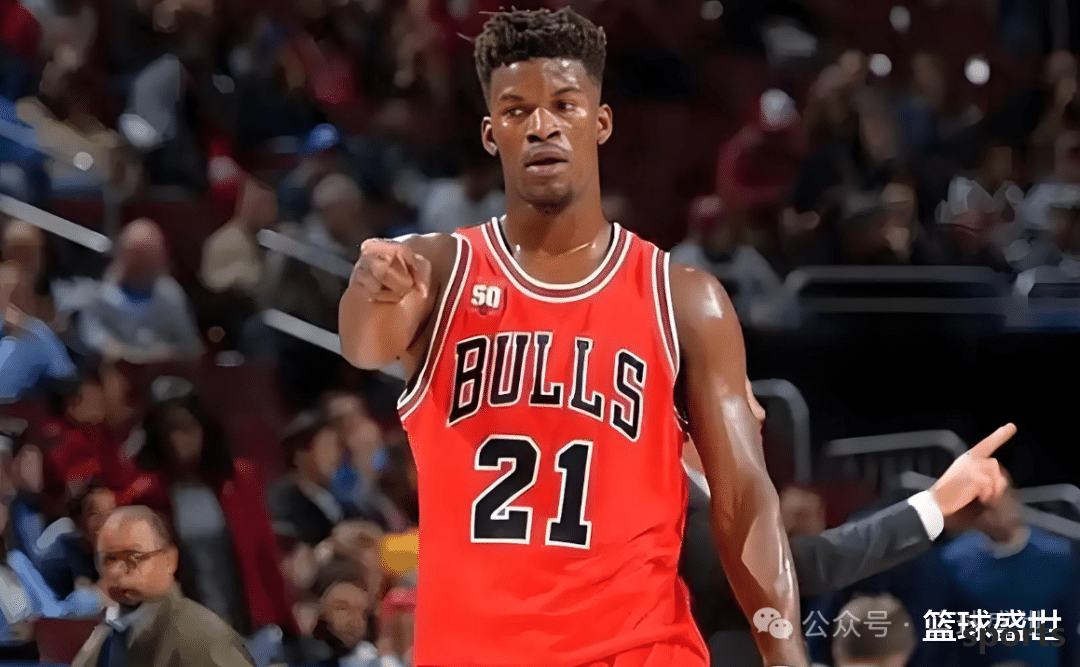
Nearly decade: Rising star players are the mainstream
We returned to the 2014-15 season 10 years ago. This year was the beginning of this tradition. When Butler won the fastest progressive player in the season, this was also the second year since he became the Bulls' fixed starter. His personal score increased significantly from 13.1 points to 20 points, and was selected for the first time in his career.
Then the winner of the 2015-16 season was CJ McClum. His playing time increased from 15.7 minutes last season to nearly 35 minutes. He only had 6.7 points in the previous year, and also broke through the 20-point mark in the second season, but McClum was not selected for the All-Star in that season.
Coming to the 2016-17 season, the winner this time was Antetokounmpo. After taking over the Bucks' position, his personal data increased from 16.9 points and 7.7 rebounds to 22.9 points and 8.8 rebounds, officially entering the ranks of first-tier stars and was selected as an All-Star for the first time in his career. Next was Oladipo, who was sent to the Pacers in the Paul George deal, took over the Kyumamba of the Inn City ace torch, and averaged from 15.9 points to 23 points per game, and won the league steals king. He was selected for the All-Star for the first time and was also selected for the third team of the All-Star team. Siakam, the hero of the Raptors' championship season, is the only two winners on this list who are not selected as the All-Star standard for the first time. He has been promoted from a rotation with only five games, averaging 7.3 points and 4.5 rebounds per game to a core of 16.9 points and 6.9 rebounds per game, and the next season is directly ushering in his career year.
The winner of 2020 is Ingram, whose personal score has evolved from 18.3 points to 23.8 points. They all became the team ace in the first year after being traded and were selected as the All-Star for the first time. Then there is Randall, who took on the banner of New York in 2021, with data growing from 19.5 points, 9.7 rebounds to 24.1 points, 10.2 rebounds and 6 assists, and was selected for the All-Star and All-Series for the first time. It's Morant's turn in 2022. For the Grizzlies who were playing badly, he was already the team leader and a quasi-star player in the first two seasons, but later he made a significant progress, increasing from 19.1 points to 27.4 points in the top ten MVP levels, and successfully selected as the All-Star.
In contrast, Markkanen in 2023 is considered a special player in the past decade. After the experience of the Bulls and the Cavaliers, he is no longer the team's auxiliary puzzle. He became the core of the team in the Jazz's leap, and his data of 14.8 points and 5.7 rebounds has been transformed to 25.6 points and 8.6 rebounds. The winner in 2024 is Maxi, who carried the banner of Philadelphia when several big brothers of the team were injured and retired. Although the efficiency has decreased, it has also supported the output, with an average of 20.3 points per game to 25.9 points.

Looking back at the fastest-progressive player winners in the past decade, except for McCollum and Siakam, they are both potential young players who have been selected for the All-Star for the first time, but the winners of this award have not always been like this. Since its establishment in 1985, the types of winners have changed a lot.
1985-1991: Mainstream of backcourt players In the first six years of the establishment of the Fastest Progress Award, the main winners were basically backcourt players, including star guards Alvin Robertson and Gary Payton who were active in the 1980s and 1990s, Supersonics head backcourt Dale Ellis, Little Steel Cannon Kevin Johnson, and Scott Skeles, who had given 30 assists in a single game.
In addition, the starting center Kevin Duckworth, veteran center Ronnie Secali and others were also lucky enough to win this award.
The most obvious improvement was Alvin Robertson from the 1984 draft year. He transformed from a rookie who started less than ten games and became a member of the All-Star + Best Team second team who was well-known for his defensive ability. He even delivered a career-high average of 3.7 steals that year, and won the recognition of the best defensive player of the season in one fell swoop. It is worth mentioning that only he has entered the All-Star in the past six years in the Prize-winning season.
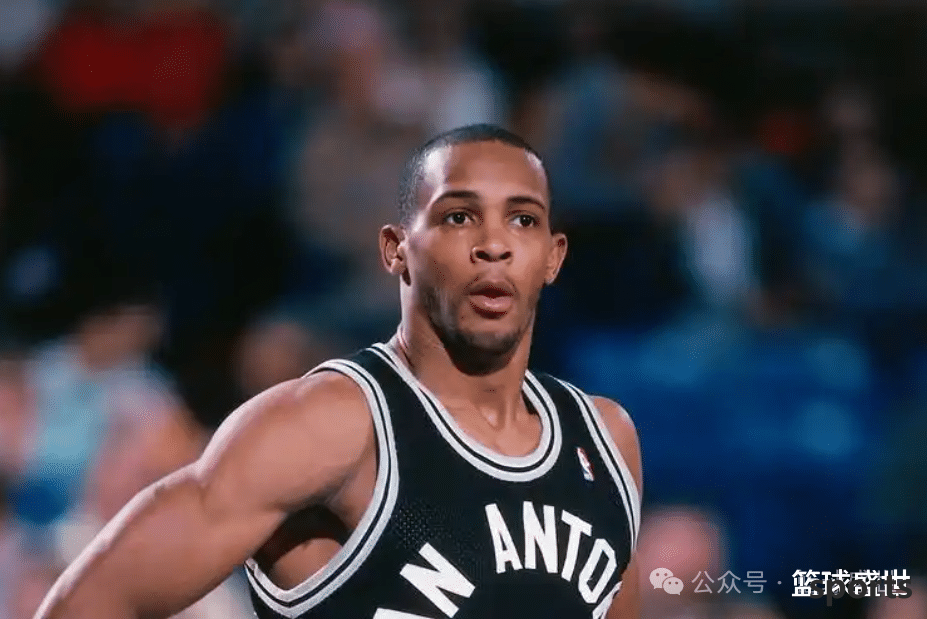
1991-2000: The awards for civilian players
Fastest Progress Awards began to change during this period, and the overall strength of the winning players was far from the previous period.. The winner of the 1991-92 season was Pervis Ellison, who won the award with a leap forward of 10.4 points, 7.7 rebounds to 20.0 points, 11.2 rebounds. Although he is still the main player of the team next season, his score has not exceeded 20 points in the following season.
1993 winner Abdul Alf was still the main scorer of the team in a few seasons after winning the award, but he still did not reach the star level. In 1994, the fastest-progressing player was Don McLean, but he quickly declined after winning the award. After that, there was no more than 60 games in a season and became a homeless player. The most successful player in this stage was Dana Barros, who was traded by the Supersonics. By the second season of the 76ers, he became the top team in the team, and got unlimited fire in this 24-win team. Barros, who only scored 9.2 points in the first five seasons of his career, scored 20.6 points and 7.5 assists that year. He scored the fastest progress and was selected as the All-Star. But he seemed to have condensed all the essence of his career in this year. In the next eight seasons he finally retired, he averaged only 13 points per game.
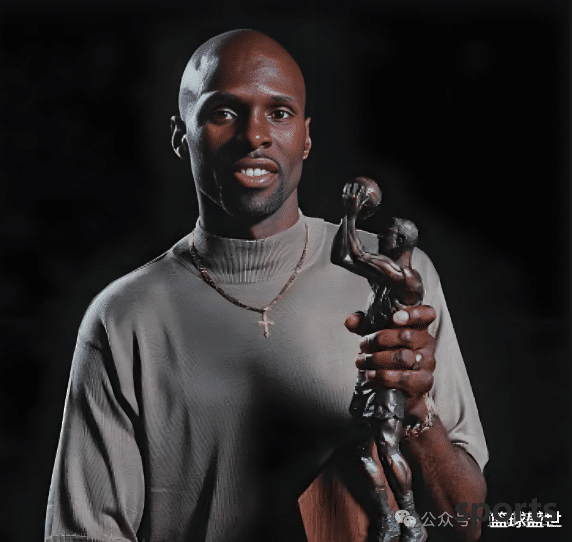
The winners in the next four seasons are George Murraysan, Isaac Austin, Allen Henderson, and Darrell Armstrong. Although they have made great progress compared to the previous season, they are not very impressive in terms of data. The four players average less than 15 points per game. Austin even became the only single-digit winning player in history with an average of 9.7 points per game. The more special is Armstrong. He not only achieved the fastest progress, but also the sixth best man in the season, and wrote the oldest fastest progress record.
After coming to the 21st century, although Jaylen Ross failed to enter the All-Star gate, he completed the sixth-man transformation and a full-time starter. Rose, who has always been a substitute scorer since he came to the Pacers, played his own net worth in the shrinking season and ranked third in the best sixth man vote. In the next year, the 1999-00 season was converted as a starting small forward, and he did not encounter too many adaptability problems. He improved from 11.1 points and 1.9 assists to 18.2 points and 4.0 assists, and his shooting percentage also increased from 40.3% to 47.1%. He then played three consecutive seasons that averaged more than 20 points per game. Unfortunately, he failed to win the award.
Overall, in terms of data or star popularity, it is not as good as the winning players in the previous stage. Among the 9 winning players, only Barros, who got a lot of fire, entered the All-Star. At that time, the fastest-progressive player and the All-Star were not completely equal. For the winning players at this stage, the fastest progress is basically their greatest achievement in the NBA.
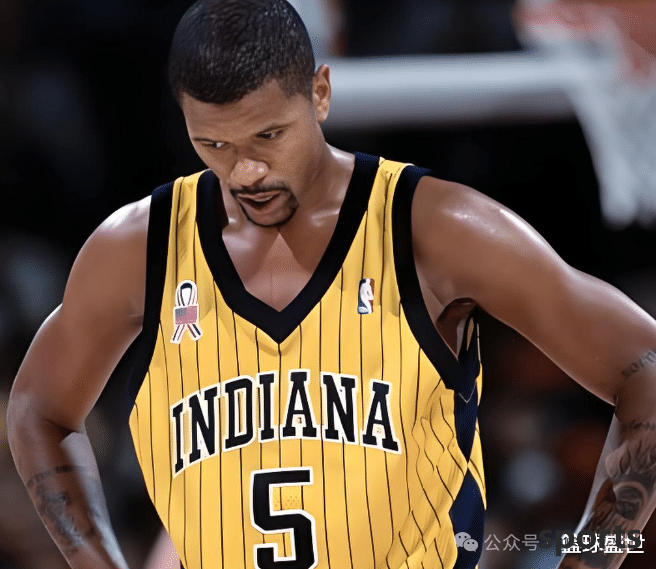
2000~-2014: Star players began to appear in the 2000-01 season. McGrady left her old club Raptors and completed the transformation from second-in-command to number one star in the first year in Orlando. Her scoring output increased significantly, and her offensive efficiency was significantly improved compared with the previous season, from 15.4 points and 6.3 rebounds to 26.8 points and 7.5 rebounds, winning the fastest-progressive player, selected as the All-Star, and the second team of the best team, officially opening his own peak.
He was also the fastest-progressive player with the highest score per game at that time. To this day, he is second only to Morant with 27.4 points.
The following year, Jermaine O'Neal and McGrady were similar. After sitting on the bench for four years, he became the main force of the team when he came to the Pacers. He started to carry the scoring output in the second year, growing from 12.9 points in the previous season to 19 points successfully won the award. He was also recognized by the All-Star and the Best Team, and embarked on a highlight journey of being selected as the All-Star for six consecutive years. The winners of the last two years were Arenas and Randolph, and these young players in their growth stages gradually grew into the winners.
By the way, in the four years from McGrady to Randolph, the average age of the winners was 21.7 years old, all of which were rising potential stars. In the 2004-05 season, the award was won by Clippers forward Bobby Simmons, who improved from 7.8 points to 16.4 points. This year is also the first time he has won more than 30 minutes of playing time. The Bucks are still the main player of the team when they transfer to the next season, but unfortunately they gradually faded out of the league due to injury.
Next is Boris Dior. The best thing about this center was actually during the Bobcats and the Spurs, but he eventually won the award in the Suns. From the first two years of adaptation period and the Green Leaf Puzzle, which averaged less than 5 points per game, eventually evolved into an all-round starter with 13.3 points, 6.9 rebounds and 6.2 assists. He is also the last fastest-progress player to average less than 15 points per game until Dyson Daniels appeared this season.
It was Monta Ellis, who was a freshman in the 2006-07 season, broke out of the cocoon in the second grade, and averaged 16.5 points and 4.1 assists in one game, becoming the second-in-command around Balang Davis. Next is Gidu Tekoglu from Turkey. She performed mediocrely in the first four seasons with the Kings, and in the first three years he came to Orlando, he gradually took on production and scored double-digit scores. In the fourth year, he scored a career peak and handed over the second highest 19.5 points in the Magic. At the same time, the three shooting percentages reached high-quality efficiency of 45.6%, 40%, and 82.9%, which also made him the second-year winner at the age of 28.
2008-09 season, the award was given to Danny Granger. In the four consecutive seasons he entered the league, he made at least five points each year, from 7.5 points to 13.9 points, 19.6 points and 25.8 points. He is the only player in NBA history who can do this. He took over the team's ace position in the fourth year of his career, averaging 25.8 points and 2.7 three-pointers per game are the highest in his career. He was selected as an All-Star while getting the fastest progressive player. Unfortunately, this is also his only All-Star.
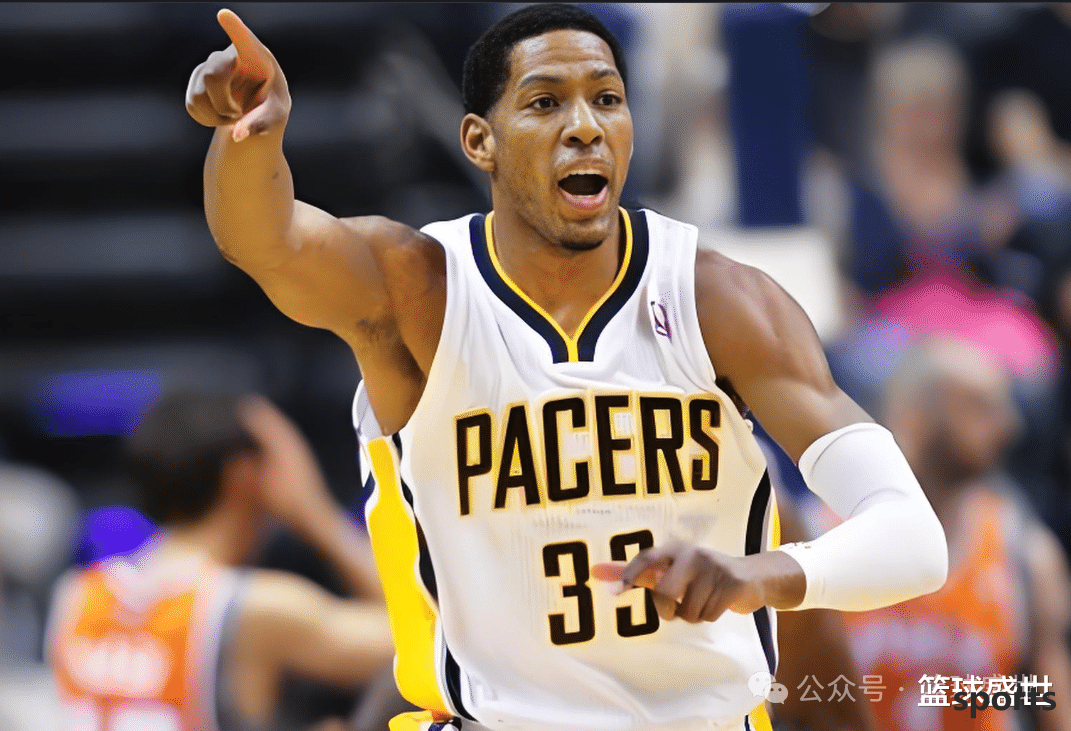
2009-10 season, the award was given to Aaron Brooks, the backcourt commander between the Rockets Yao and Harden era. He scored 19.6 points and 5.3 assists that season, but with the support of such performance and progress awards, he did not enter the team's future plan blueprint. He was replaced by the more talented Lowry the next year..
In the future, it will be Kevin Love's turn to award winners. The Timberwolves who lost Garnett quickly appointed Love as the team's ace. They showed their ability to have a double-double machine in the first two years. In the third year, they transformed into a first-tier star. The data of 14 points and 11 rebounds soared to 20.2 points and 15.2 rebounds, and were successfully selected as the All-Star. The next player to win is Ryan Anderson in the 2011-12 season. The high-tech turret became the starter in the fourth year of his career, with a score of from 10.6 points to 16.1 points. After winning the award, he still served as the team's sixth man.
Granger declined due to injury a few years after winning the award. At this time, the junior Paul George was the junior who made up for the ace. Although the offensive efficiency was not good in the 2012-13 season, he still won the award with his growth of 12.1 points, 5.6 rebounds to 17.4 points and 7.6 rebounds. In the same year, he was selected as the All-Star and the All-Star forward.
George was Dragic's turn afterwards. Unlike many backcourt players who won awards on rookie contracts, Dragic did not qualify for the starting lineup until the fifth year of his career. In the sixth year, he averaged 20.3 points and 5.9 assists and was selected as the third team of the All-Star team. However, he failed to be selected as the All-Star player and was not able to make up for the vacancy until five years later with the Heat.
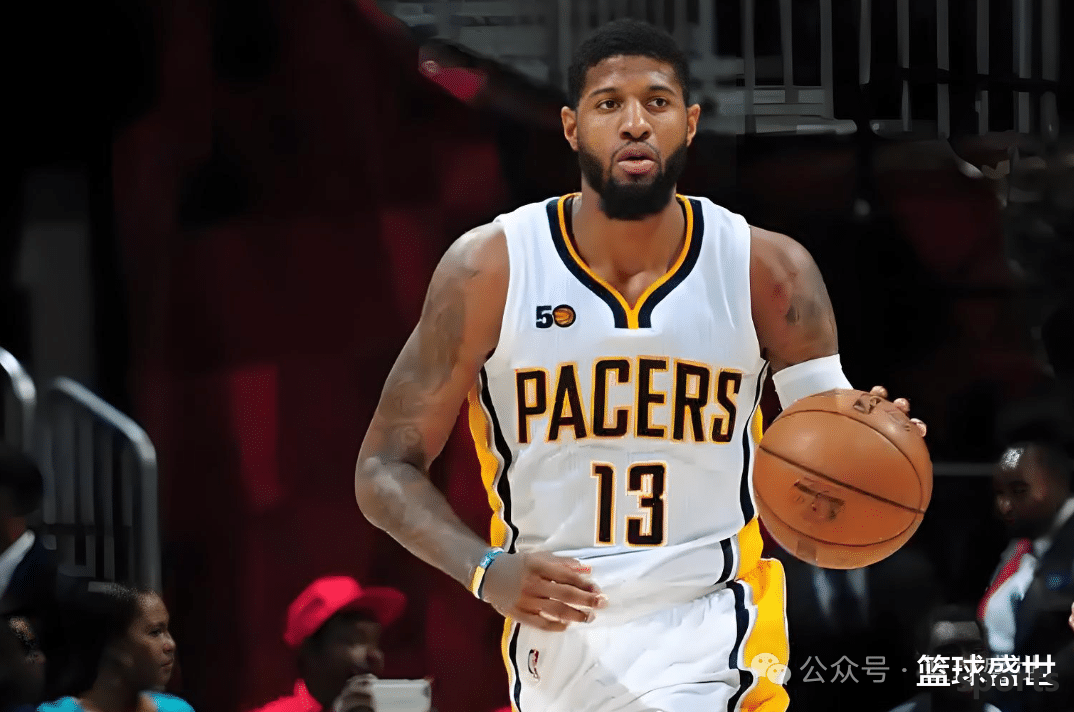
Looking back at the 14 players in this stage, their overall strength and personal data are much better than the previous stage, but only 5 people were selected as All-Stars. Next, we came to the first stage we talked about at the beginning, and the fastest-progress players gradually equated with All-Star players.
If every decade is used as a stage, the changes in the fastest progress awards will be more obvious.
In the 1985-95 season, two were selected as All-Stars, two were averaged 20+ points per game, and two were selected as All-Stars;
In the 1995-05 season, two were selected as All-Stars, two were averaged 20+ points per game, and two were selected as All-Stars;
In the 2005-15 season, four were selected as All-Stars, four were averaged 20+ points per game, and three were selected as All-Stars;
In the 2015-24 season, seven were selected as All-Stars, eight were averaged 20+ points per game, and four were selected as All-Stars.
In the first 20 years of the launch of the Fastest Progress Player Award, most awards were awarded to non-star players. They may not be the main players of the team, are not the fixed rotation of the team, and some are about to fall out of the league, but they make leap forward next season. Such a way of setting up awards is also quite surprising. After all, grassroots players who perform ordinary often lack attention when starting the season, and for those fans who like storylines, they are more inclined to award awards to players who have improved from 60 points to 80 points.
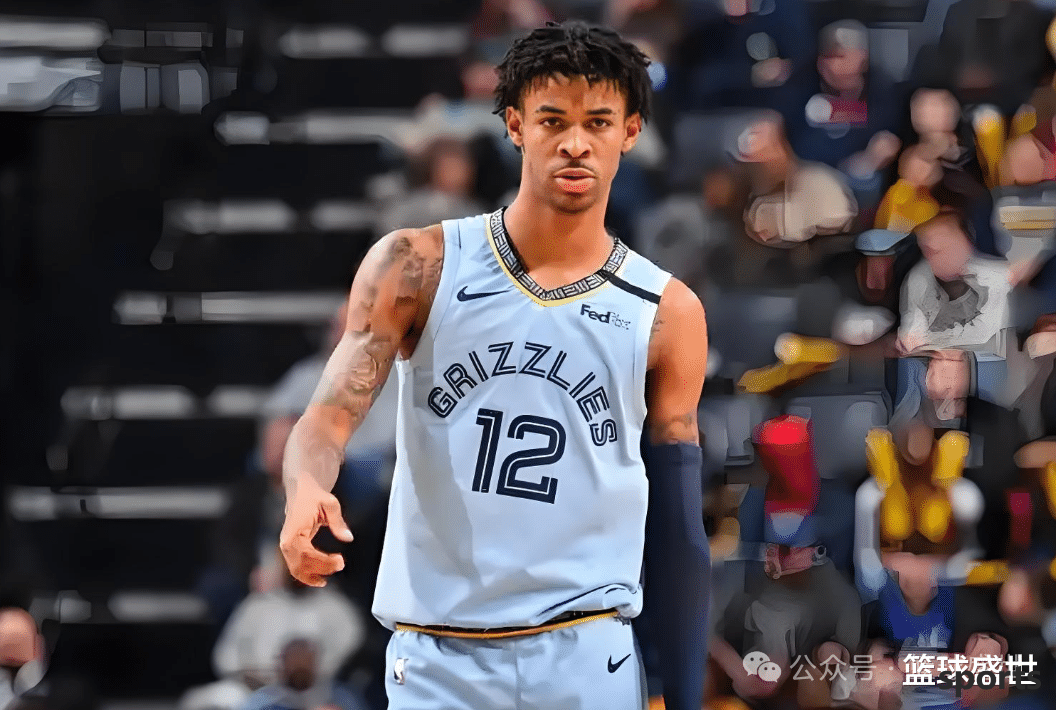
After entering the 21st century, the average strength of the award winners has greatly improved, and the fastest-progress awards have begun to depart from civilian players. Even if the winners are not at the ace level, they will be the top three and top two offensive players in the team. They have evolved from high-quality starting level to All-Star players, and have improved from 75 points to 90 points. The improvement may not be as large as the former player, but it is difficult enough for them to reach 90 points.
Special mention: Isaac Austin, who returned to the NBA from overseas leagues, became an important rotation for the playoff teams, and is also the only NBA player who averaged single digits per game.
What is more controversial about this award is that in recent years, the league has been overly obsessed with young stars and has ignored such miracle cases of high-quality rotations from other leagues to NBA, or promotion of a bench marginal player to a fixed starter. Perhaps the NBA can retain this award while setting up an "most surprise player award" to give some affirmation to the role players who have never been paid attention to.
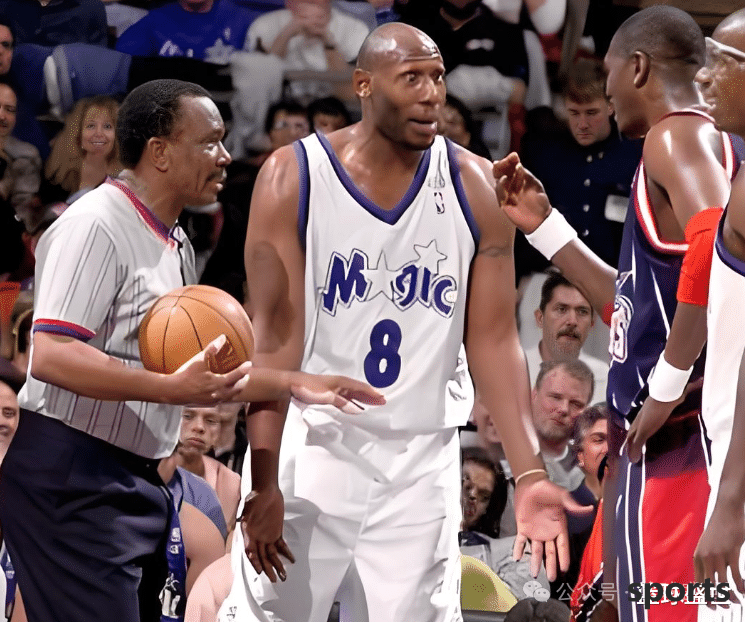
Related Posts
After another double-double, the contract of the new Lakers insider is definitely a value-for-money contract?
BasketballIn the previous NBA regular season, the Los Angeles Lakers relied on Austin Reaves' buzzer-beater to narrowly defeat the Minnesota Timberwolves at home 116-115. After this game, the Lakers' record improved to 3 wins and 2 losses; while the T...
moreAfter an unexpected four-game winning streak, the 76ers slowly became a super dark horse! Only Embiid gradually became an outsider.
BasketballThe NBA regular season has been open for more than a week. As in previous years, the situation in the east and west is chaotic, and many dark horses have emerged. The dark horse division in the Western Conference belongs to the Spurs. While Fox was...
moreThe first buzzer beater of the new season, Rivers’ single-core buzzer beater against the Timberwolves is trending, fans: MVP
BasketballOn the morning of October 29, the NBA regular season continued. The Lakers played away against the Timberwolves. The Lakers were still full of injured players, and key players such as Doncic, James Smart, Vincent, etc. continued to be absent. In the...
more
Hot Posts
- James announces a major decision early tomorrow morning! Su Qun: Is it the last dance or just an advertisement?
- The Lakers sign and 1 snatch, 21-man roster is released! Doncic loses his weight in a crazy way, and James creates history
- Just now! The Nuggets officially signed Kessler Edwards
- Pitino said: Modern basketball no longer has pure point guard
- Hu Mingxuan really thinks he is Curry, please pay attention to Guo Shiqiang s reaction, fans line up to apologize
- NBA triple-double star Westbrook joins the Kings
- Doncic has made efforts, and the Lakers are talking about the deal between Kneckett and Kleber!
- Bain s transaction value exceeds Doncic? Harrison was crazily mocked again: the worst general manager in history
- Lose 30 points and go home! The team that defeated James was eliminated by the Thunder. The more miserable the Timberwolves are, the more difficult the Lakers are.
- It s not reliable at all! The Thunder s powerful pitcher has almost no decent performance in the playoffs?
Recent Posts
-
After the Rockets, the Nuggets are also crazy! In the early morning of July 2, the Nuggets trade again, Jokic welcomes a strong substitute
-
175 million in 3 years? The Lakers bet on the future! Is there still a chance for James to win the fifth championship?
-
Sacrifice and the ultimate: The difference between basketball values behind Wade and Harden
-
Crazy night! Another major misjudgment, the fastest-progress player announced, the latest injury report of the Clippers
-
Did the Rockets "steal" the Nuggets tactical board? The backbone of the Rockets is in place. Has Durant really figured it out?
-
Lu Tan abandoned Dunn in the second half: Everyone understands that winning at all costs
-
Dream Chasing - Green: The Knicks lineup is still too good. If you want to win the championship, they have to introduce another star
-
The Warriors first signing in the offseason finally appears, and Kumingga intends to end the contract negotiations between the two sides
-
125 million in 5 years. Journalist: The Nuggets plan to renew Braun in advance because they value his ability to play both offense and defense.
-
NBA data analysis: Why Evan Mobley wins the honor of best defensive player